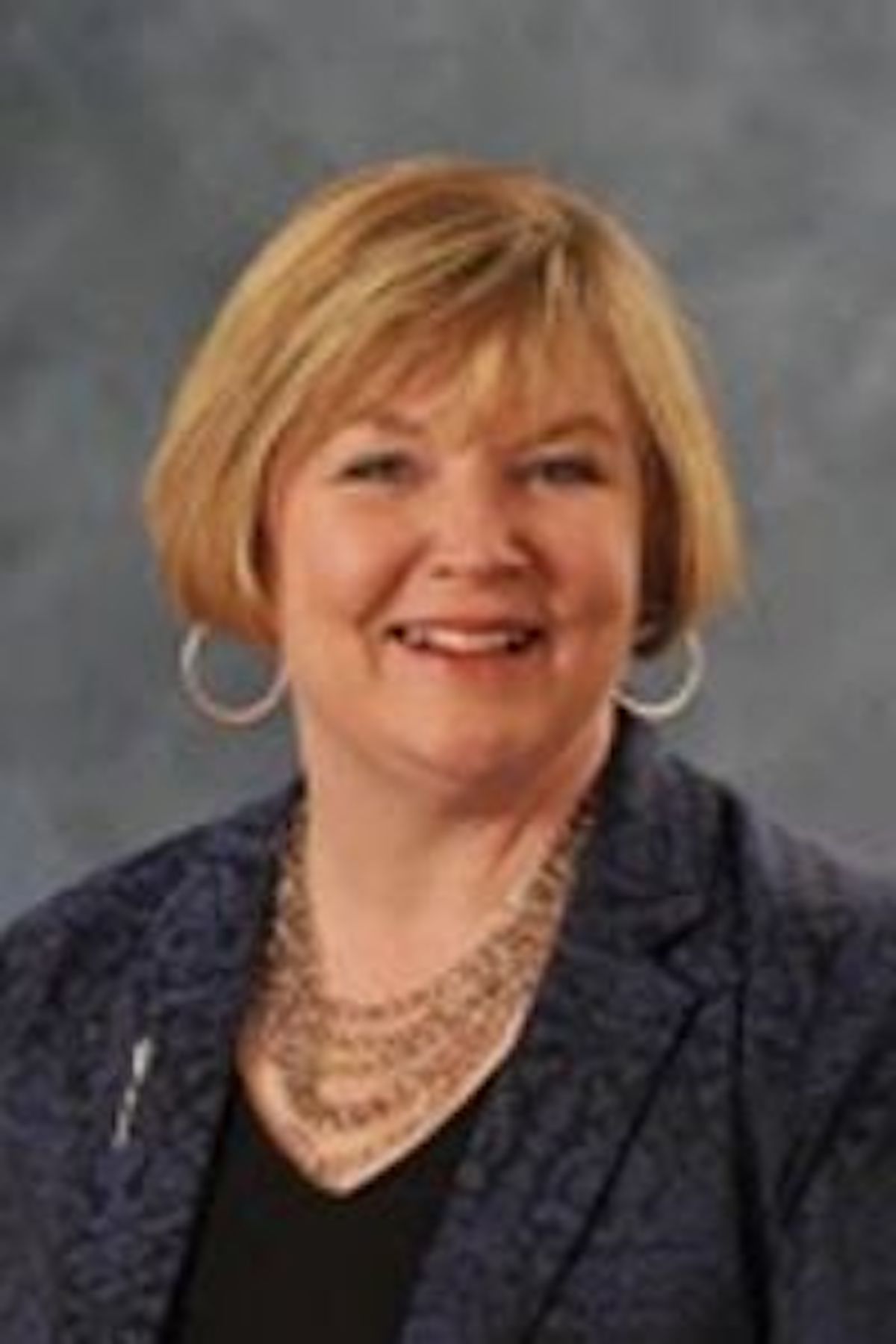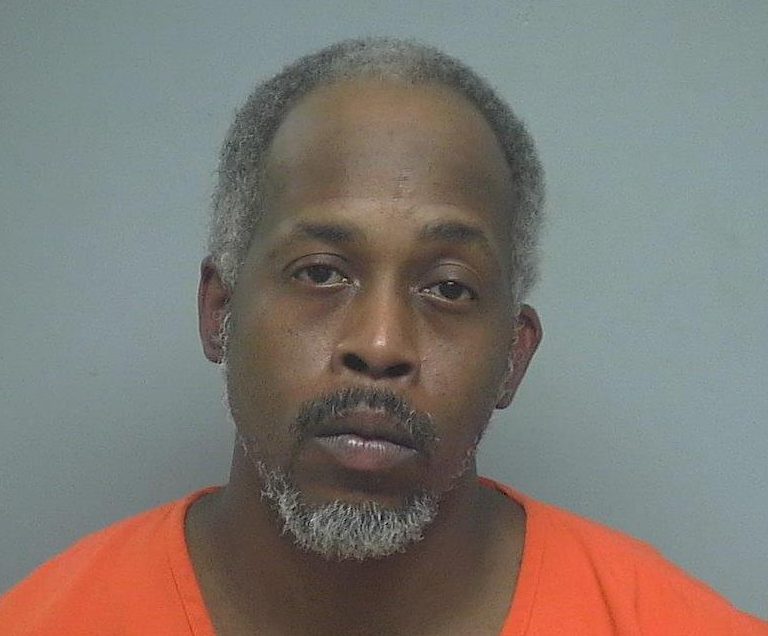Lawmakers will support choice while continuing to strengthen efforts for traditional schools
By Shannon Erickson
As an early childhood educator, I love reading the novels of the great young adult author Roald Dahl. One of his quotes from Charlie and the Great Glass Elevator that always makes me smile came to mind recently, “You’ll never get anywhere if you go about what-iffing like that.”
Sadly, “what ifs” seem to be the focus of a recent article written by Seanna Adcox (https://bit.ly/4csAHjB) that focuses on opposition to school choice and the Education Scholarship Trust Fund.
Last year, when the General Assembly adopted the long-awaited education scholarships, I promised my colleagues that the Act was only a beginning — it was a great effort that must be made even better. That is what the House of Representatives has done with House bill 5164.
After the 2026-27 school year, the restrictions placed on families who are already homeschooling or sending their children to private schools are finally removed. These South Carolinians deserve as much help as their neighbors who desperately seek choice beyond what the zip code determines.
Also lifted are artificial caps based on family revenue, but, unfortunately, the article seems to miss the commonsense guardrails included in the bill and, instead, uses “what-ifs” to defend the status quo.
But what if the bill forgets about children in poverty or with disabilities? First, families needing assistance remain at the front of the line. After existing recipients apply, early application windows open for students whose parent or guardian is an active-duty member of the military and will be living in South Carolina, whose families have a Medicaid card, who meet the definition of “exceptional needs child” or who are in custody or guardianship of the Department of Social Services.
But what if it costs too much? The bill clearly leaves the level of funding up to the General Assembly on a yearly basis. And, as the article fails to mention, there are only so many school classrooms available and not every school will want to participate. A worst-case scenario is just that — a scenario.
But what if it some “shady” schools open because of the bill? Smartly, the existing scholarship law requires the State Department of Education to approve education providers but, beyond that, how about we place our trust in the families who want to find other options for their children. The free market is not perfect by any stretch, but what we are doing to too many students stuck in schools that do not fit their needs is certainly not perfect either. The Act and bill are clear that providers cannot unlawfully discriminate on the basis of race, color, or national origin except that independent or religious educational providers can still use exemptions allowed under federal law.
In addition, the bill and law require independent schools to have a curriculum that includes courses required to obtain a state high school diploma and comply with state accountability standards. Except for certain home-school families, students must take either the state assessment or a national norm-referenced assessment approved by the Department.
But what if the money is wasted or spent improperly? Families that receive a scholarship will have to be good stewards of the funds. The bill defines qualifying expenses, and items such as tuition and fees, textbooks, internet connections, fees for exams, tutoring services, and computer hardware and these families will have to provide receipts showing the dollars were spent properly.
Here is my “what if.” What if we sit around and wait or, even worse, do nothing more than we have already done? That is a “what if” to which no one has a good answer. My response is that there is no way we can tell the more than 5,000 applicants that their lifeline to a better future is cut. Instead, we have to continue to push for options that best meet the needs of South Carolina’s young scholars. As I said on the floor, and will continue to say, my colleagues in the General Assembly can do more than one thing at a time. We will support choice while we continue strengthening efforts for traditional schools.
Beaufort Republican Shannon S. Erickson represents District 124 in the South Carolina House of Representatives.










